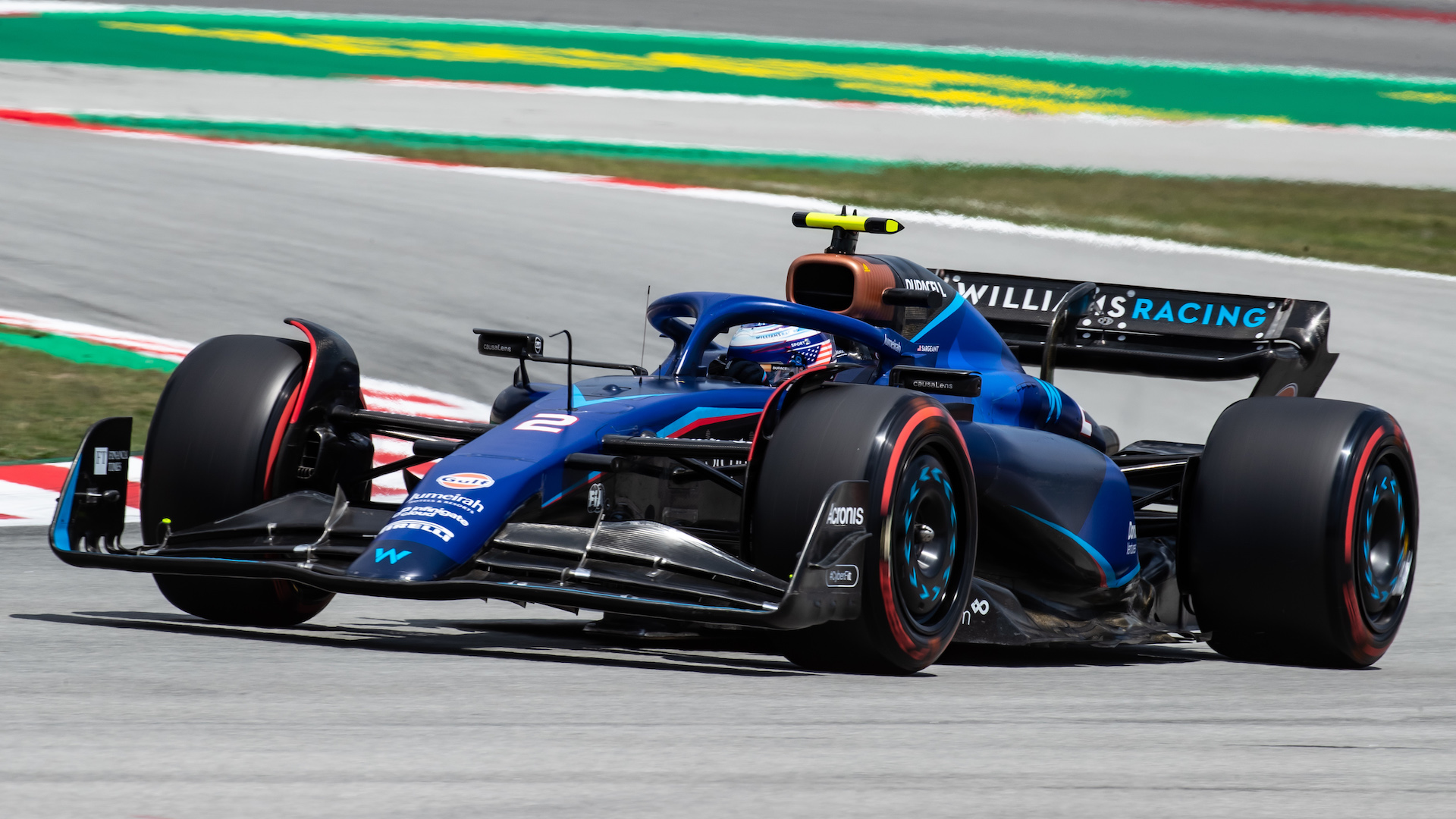

Formula 1 is a fast-moving sport (pun most certainly intended). Being the pinnacle of auto racing comes with a heavy and expensive burden to the teams involved, who must stay ahead of the curve in the various technologies used on and off the track. But according to the new-ish Williams F1 chief James Vowles, who joined the squad over the winter, the legendary outfit isn’t anywhere near that level.
Speaking to Motorsport.com, Vowles shared some of the differences he’s encountered between Williams and his former team, Mercedes Petronas. Of course, it’s not hard to believe that a backmarker team would have fewer, older resources than one of the most successful teams in F1 history, but perhaps no one thought it’d be this bad.
“There are some elements that are 20 years out of date, which makes sense if you think through the history of this team,” Vowles told the outlet. “The investment it had was zero for around about 20 years and then an investment firm came through. Fundamentally, we’re in a situation where a lot of facilities were almost preserved from where they were 20 years ago.
“Composites is behind what I knew when I first joined the sport with a different team 20 years ago…”

The reasons behind the team being underfunded for so long are obvious. Once a championship contender, Williams fell into irrelevance through the latter half of the ’90s, and that’s when the financial struggles began. Brief flashes of brilliance came later on with Juan Pablo Montoya and Felipe Massa, but these didn’t amount to many points in the championship, which meant little to no money from the FIA either. Making matters even worse, the poor performance made it extra difficult to find worthwhile sponsors.
Vowles also highlighted to Motorsport.com that Williams’ out-of-date property isn’t just physical, but also intellectual. Staff expertise and skill also appear to have been lost in time, with performance levels being many times lower than they should.
“If you took a group of people and hid them away, and another group of people hid them away, they evolve to different stages,” he explained. “And that’s what’s happened, the view of what excellence is is completely different to what it really is today, and you have to move things forward.
“Internally, a lot of the work I’ve been asking them to do has been likened to asking us to do three years of development in six months,” said Vowles. “Yes, but that’s the standard. In fact, the standard is higher than that. This is where I think we have to have a middle step. You have to show people the pathway, lead them down the pathway and make sure you support them and provide them with the equipment that allows them to do the same thing.”
Vowles claims that despite the gap in expectations and operating strengths, Williams staff has been nothing but receptive to his feedback. He claims that Williams will be able to catch up thanks to new financial and performance regulations set in place by the FIA, but that a drastic change in performance won’t happen overnight.
Got a tip? Email us at tips@thedrive.com